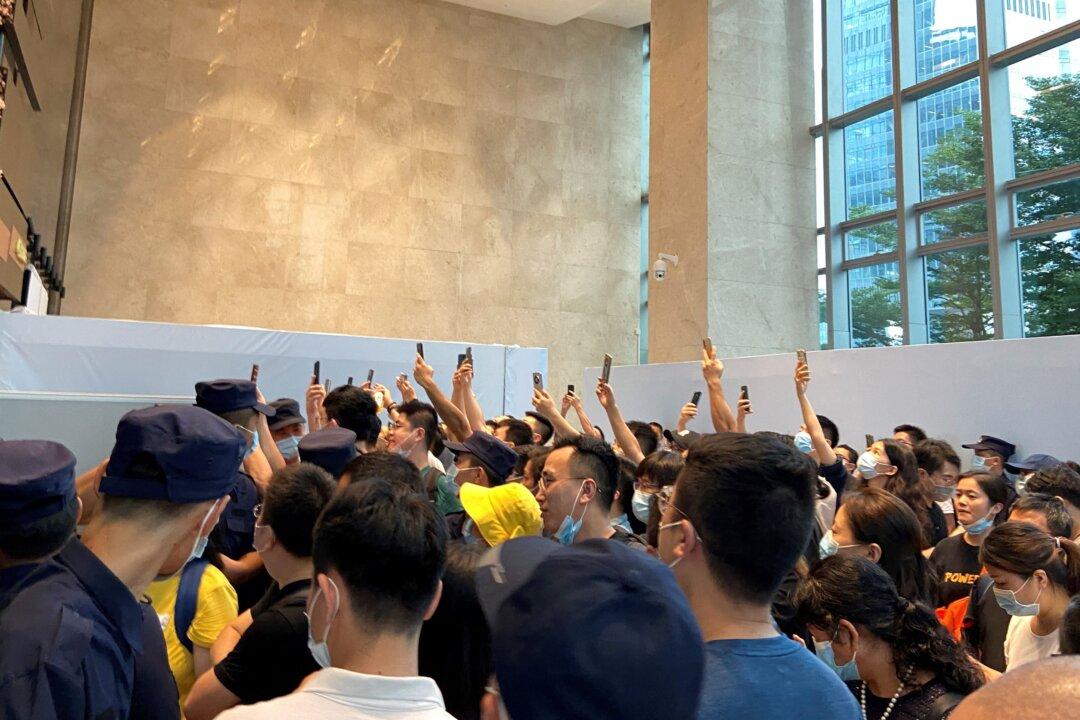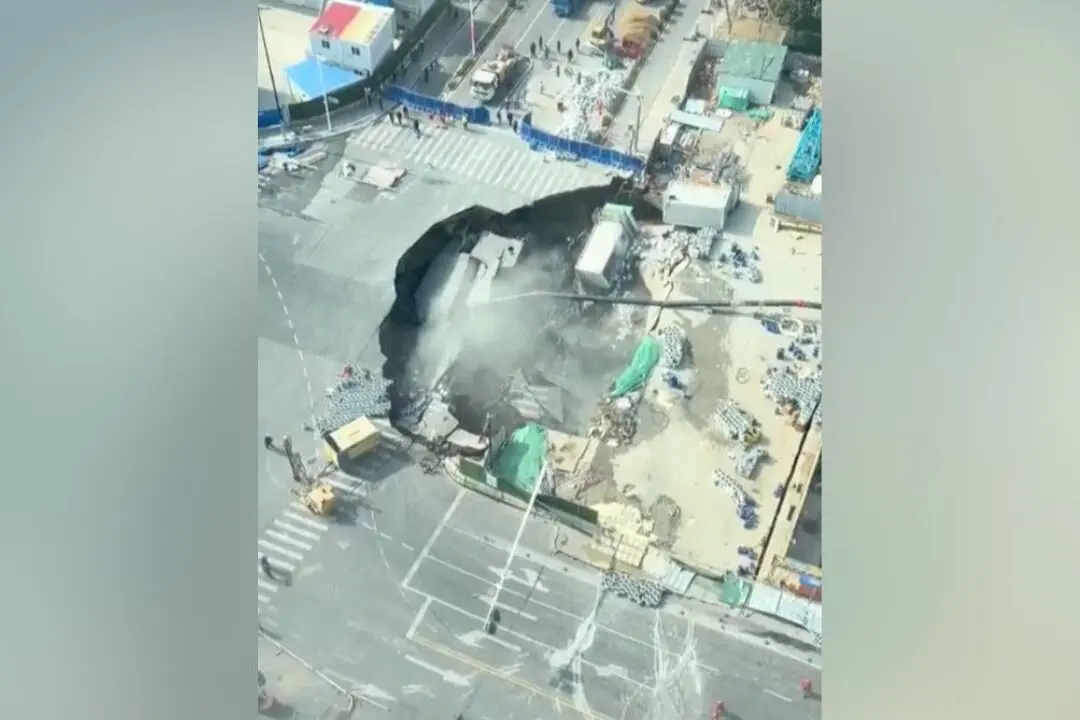Rating agencies have further downgraded the credit rating of troubled Chinese housing giant Evergrande after the company disclosed the full extent of its financial problems. An expert has warned that a default could send shocks through the country’s property and banking industry.
On Sept. 15, U.S. rating agency S&P further downgraded Evergrande from “CCC” to “CC” with a negative outlook, citing reduced liquidity and default risks, including the possibility of the company undergoing debt restructuring.




